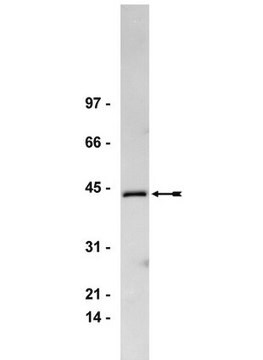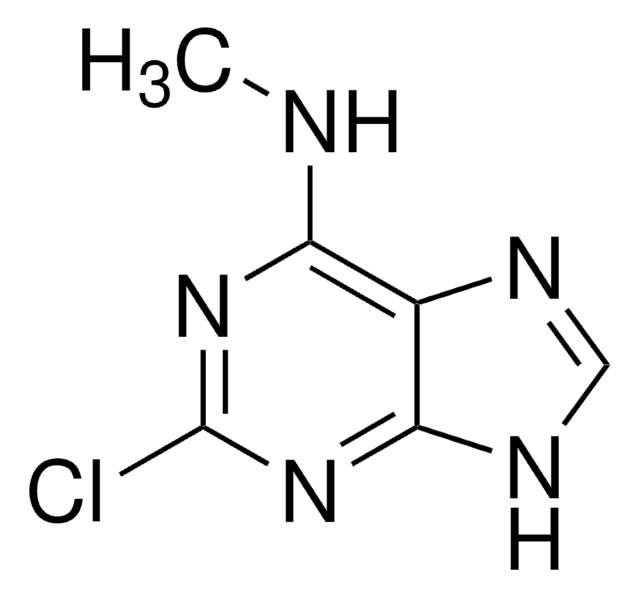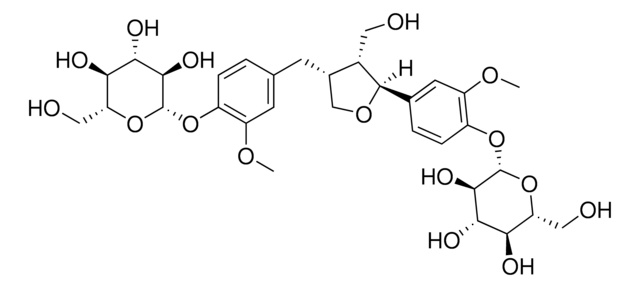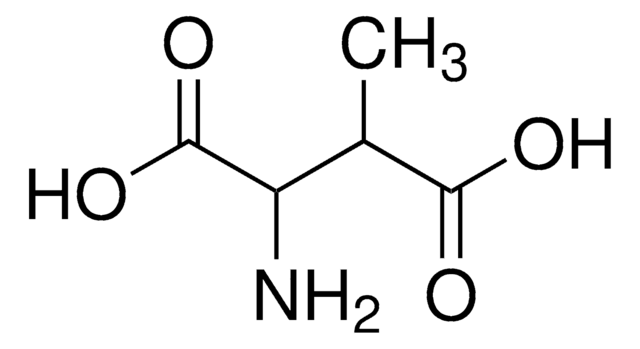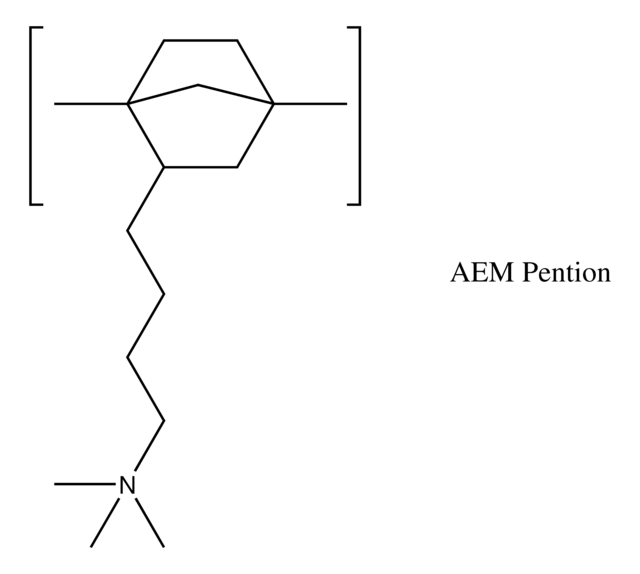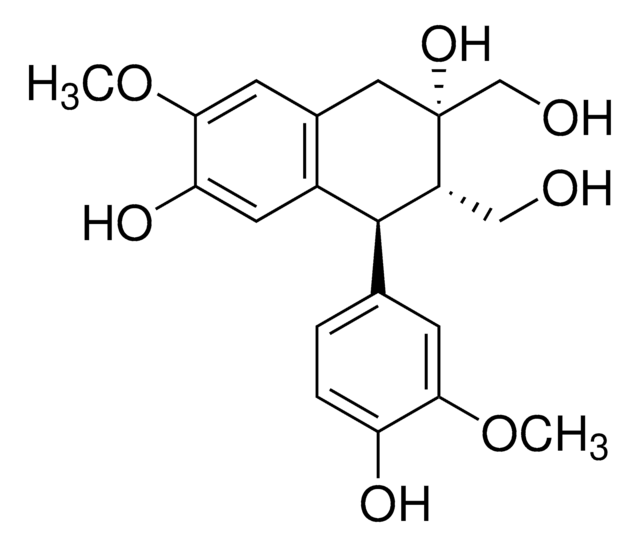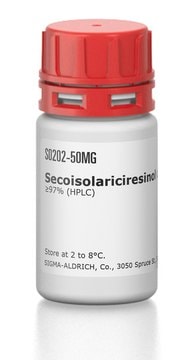06709
Pinoresinol
analytical standard
Synonym(s):
(+)-Pinoresinol, 4,4′-((1S,3aR,4S,6aR)-Hexahydrofuro[3,4-c]furan-1,4-diyl)bis(2-methoxyphenol), 4,4′-[(1S,3aR,4S,6aR)-Tetrahydro-1H,3H-furo[3,4-c]furan-1,4-diyl]bis(2-methoxyphenol)
About This Item
Recommended Products
Quality Level
grade
analytical standard
Assay
≥95.0% (HPLC)
shelf life
limited shelf life, expiry date on the label
technique(s)
HPLC: suitable
gas chromatography (GC): suitable
application(s)
cleaning products
cosmetics
food and beverages
personal care
format
neat
SMILES string
COc1cc(ccc1O)[C@H]2OC[C@H]3[C@@H]2CO[C@@H]3c4ccc(O)c(OC)c4
InChI
1S/C20H22O6/c1-23-17-7-11(3-5-15(17)21)19-13-9-26-20(14(13)10-25-19)12-4-6-16(22)18(8-12)24-2/h3-8,13-14,19-22H,9-10H2,1-2H3/t13-,14-,19+,20+/m0/s1
InChI key
HGXBRUKMWQGOIE-AFHBHXEDSA-N
Looking for similar products? Visit Product Comparison Guide
Biochem/physiol Actions
Packaging
Recommended products
Storage Class Code
11 - Combustible Solids
WGK
WGK 3
Flash Point(F)
Not applicable
Flash Point(C)
Not applicable
Choose from one of the most recent versions:
Already Own This Product?
Find documentation for the products that you have recently purchased in the Document Library.
Customers Also Viewed
Our team of scientists has experience in all areas of research including Life Science, Material Science, Chemical Synthesis, Chromatography, Analytical and many others.
Contact Technical Service
